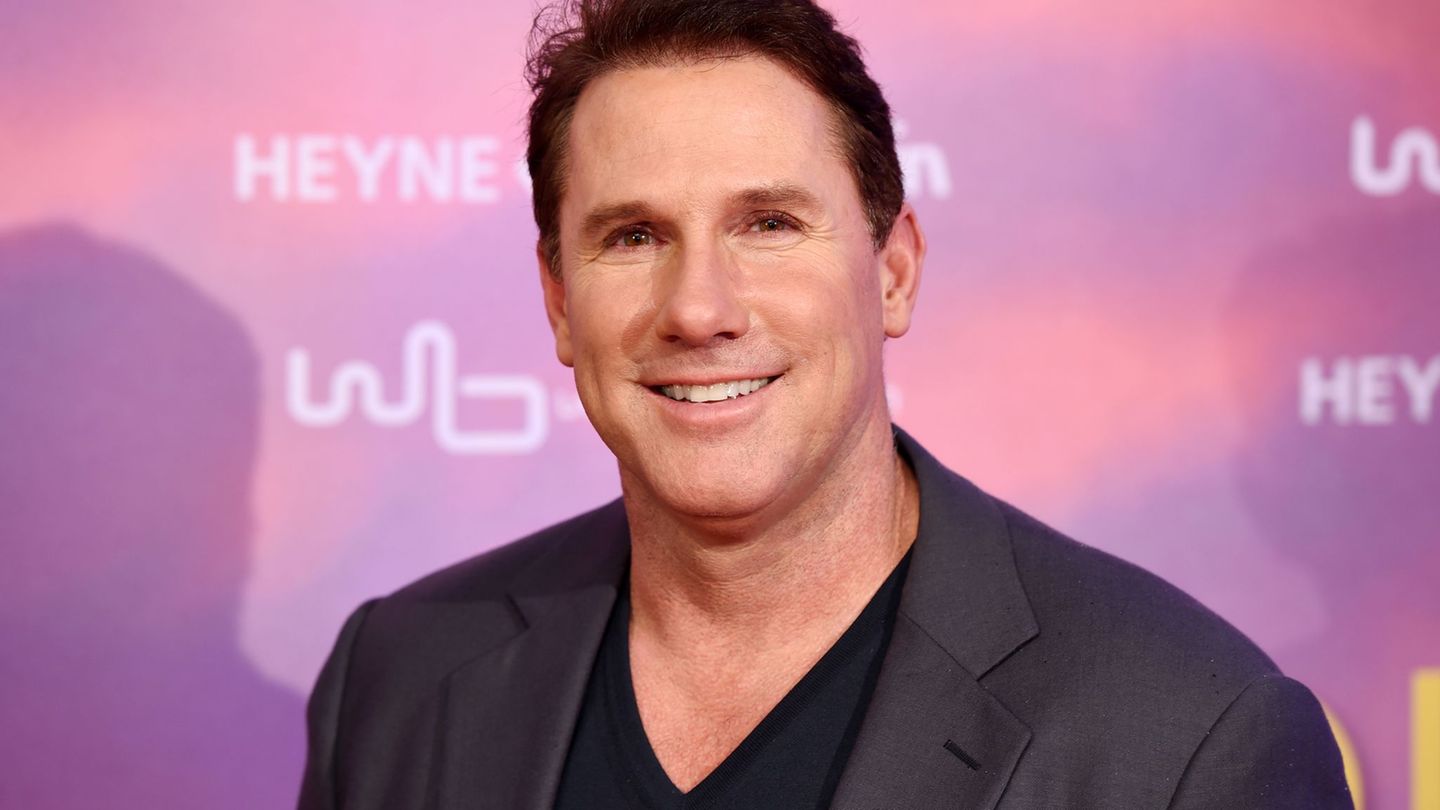Image: APA/AFP/TONY KARUMBA
The world’s rapidly growing mountain of plastic waste has long since become a burden on the climate and the health of humans and animals. A UN conference on the subject has been taking place in Paris from Monday to June 2nd. It is the second of five planned rounds of negotiations, which should culminate in a global agreement that will come into force from 2024. It should contain binding rules and measures that apply over the entire “life cycle” of plastic. The UN aims to reduce plastic pollution by 2040.
According to a report by the United Nations Environment Program (UNEP), global plastic pollution could be reduced by 80 percent by 2040. All resources are already available for this. The prerequisite are far-reaching political and market-economy changes towards a circular economy.
production doubled
Current data shows how urgent countermeasures are: According to a recent OECD study, around 460 million tons of plastic were produced worldwide in 2019. This corresponds to a doubling within 20 years. Two-thirds of that amount is thrown away after a single or minor use. Only ten percent are recycled.
- ZIB 1: UN plastic conference in Paris
Millions of tons of plastic end up in the environment, mostly in the oceans, often in the form of microscopic particles. These microplastics can end up in the digestive tract and bloodstream of living things. According to scientists, the effects on humans and animals have not yet been researched. Plastic production also contributes to climate change. In 2019, it caused 1.8 billion tons of greenhouse gases and thus at least 3.4 percent of the climate-damaging gases worldwide.
In Austria, the annual per capita consumption of plastics is 150 kilograms. In 2024, the first step towards the required radical system change will be a mandatory reusable quota. From 2025 there will be a deposit on disposable containers such as PET bottles and cans. OMV is working on a “ReOil” process in which crude oil is to be produced again from plastic. In the UN negotiations, too, oil-producing states such as Saudi Arabia advocate methods of chemical recycling, which environmental protection organizations view with skepticism because of the high energy consumption.
“High Ambition Coalition”
The “High Ambition Coalition” founded by countries such as Rwanda, Ecuador and Peru, to which Austria and eleven other EU countries belong, is taking a different approach. In the first round in Uruguay, the group succeeded not only in including waste disposal and avoidance, but also the new production of plastic in the UN regulations.
In the meantime, important players in the plastics industry are also in favor of strict and clear regulations. The background: In terms of future lucrative sales plans, you want to know where you stand.
In any case, the dimensions of the meeting in Paris are comparable to those of the UN climate change conferences (COP). Up to 1600 delegates were expected. The UN member states as well as representatives of NGOs, scientists and trade unions take part in the negotiations.
After the first round in Uruguay, environmentalists drew a positive interim balance, but also noted that opponents of an agreement were already forming. “We have to be careful that the question of recycling doesn’t replace the debate about reducing plastic production,” warned France’s Environment Minister Christophe Bechu at the start.
Source: Nachrichten




